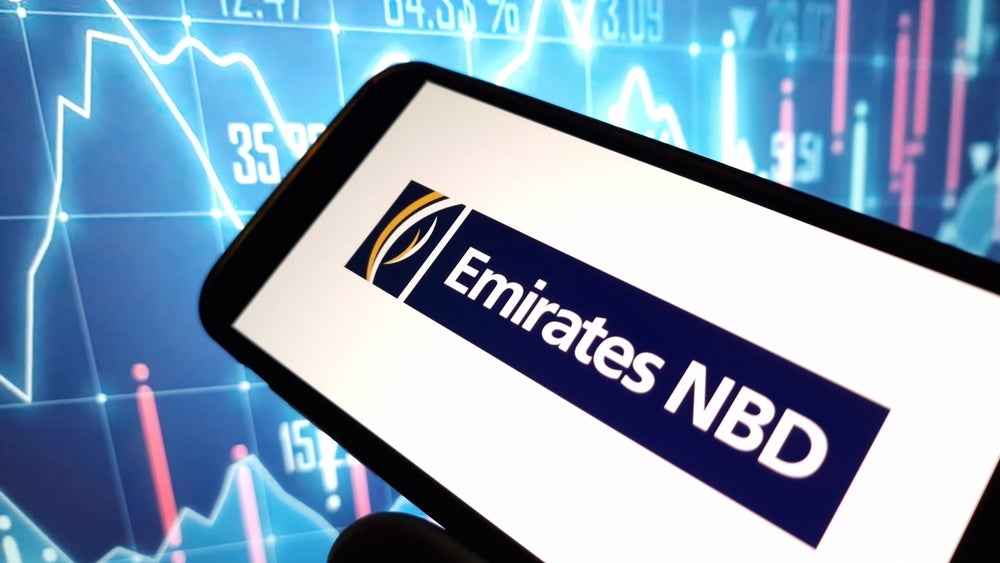It is a fortunate irony that while looking after HNWIs money, private bankers can become a millionaire in the process.
While this might make happy bankers, it is bad branding. Banker bonuses is a familiar gripe among many and, with each year, the chorus against pay levels only becomes louder.
This year’s annual meeting season, between April and June, saw activist shareholders rally against executive pay at Schroders, UBS, Standard Chartered and others.
While these banks saw their pay packages voted through, most majorities were slimmer than previously. One Standard Chartered shareholder told the FT recently that its management was being “tin eared” for not doing anything about excessive pay levels after about 40% voted it down.
Shareholders are one thing, but banker pay can also be a political discussion. Credit Suisse UK recently came under attack from the UK’s shadow chancellor, John McDonnell, for trying to reclaim £239 million ($298 million) in taxes it paid on bonuses.
“This is outrageous and Credit Suisse should pay these taxes. People in this country want the rich to shoulder their fair share of responsibilities,” McDonnell said.
But the real worry is not what shareholders or politicians think, but what clients say about pay levels. After all, it is their money that is paying the salaries of private bankers and only 62% of HNWIs said they were comfortable with their primary wealth manager’s fees in this year’s World Wealth Report by Capgemini.
For clients who feel as though they are paying over the odds, the danger is they will show their displeasure when it is too late; by simply walking out the door and taking their money with them.
After all, the next generation of clients is more likely to look at an organisation’s values as much as performance. And there is no shortage of other private banks courting your wealth if you are high net worth enough.
This is causing a rethink in the way private banks reward their senior staff. There are many ways to do this: Look at the highest salary versus the lowest, as listed companies in the UK are now required to do. Or look at remuneration as a correlation to share performance or profits.
Others look to technology as a solution. Goldman Sachs’ hinted at this in its last earnings call. The word “platform” was mentioned 18 times according to an analysis of transcripts by the FT.
Less focus was given to its usual “compensation-to-revenue ratio”. This old metric is no longer relevant in an age when vast sums are being channelled into technology.
Golden Sachs is not alone in this regard. Most private banks are upping their spend on technology in the rush to roll out cost-saving platforms. But as Investec found with its Click & Invest “platform” – which it closed in Q2 – this does not always add up. These type of platforms often do not make money. At least bankers do.
Still, that does not justify extortionate salaries. For all but a few, those days are over. From now on the technology will be where the biggest bonuses are headed as private banks rush to create the right kind of “platform” for their clients.






